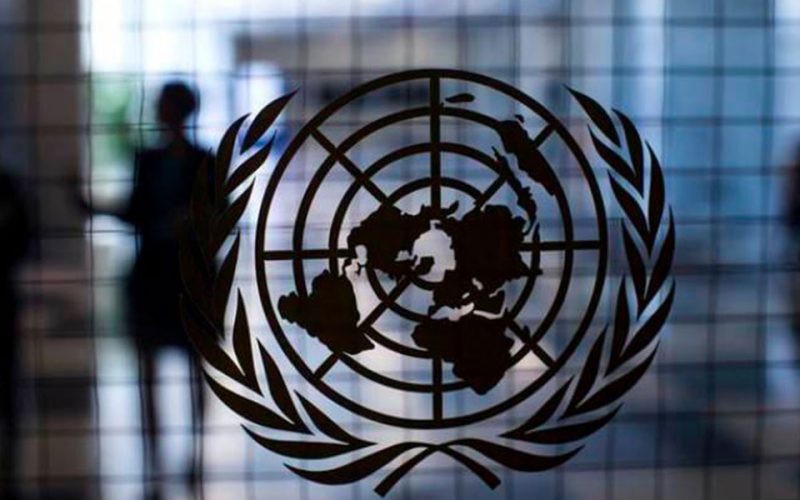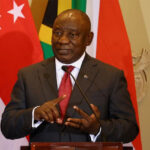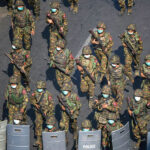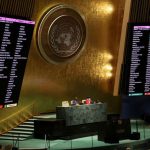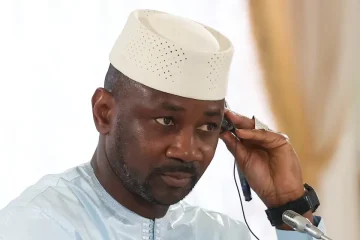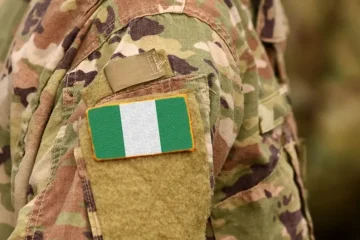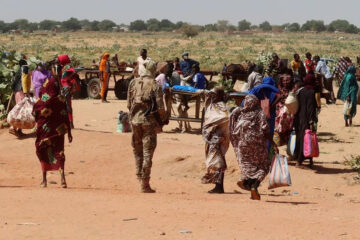AFRICAN MIRROR REPORTER
TWENTY-FIVE African countries voted in support of the historic vote at the United Nations condemning Russia’s invasion of Ukraine, while 16 countries abstained from the vote.
Only one African country – Eritrea – opposed the UN resolution which was supported by 141 countries. Eritrea rejected the resolution along with North Korea, Belarus, Syria and Russia.
The resolution demanded that Russian Federation should “immediately, completely, and unconditionally withdraw all of its military forces from the territory of Ukraine within its internationally recognized borders.”
UN General Assembly resolutions, although politically significant, are not legally binding, meaning the decision will not have a major impact on Russia.
Belarus, a close Russian ally used as a staging ground for the invasion, was also criticised for its “involvement” in the invasion – amid reports that dictator Alexander Lukashenko had sent forces to the count
African countries that abstained are:
- Algeria
- Angola
- Burundi
- Central African Republic
- Congo
- Equatorial Guinea
- Madagascar
- Mali
- Mozambique
- Namibia
- Senegal
- South Africa
- South Sudan
- Sudan
- Tanzania
- Uganda
- Zimbabwe
Countries that voted in favour are:
- Botswana
- Cabo Verde
- Chad
- Comoros
- Cote D’Ivoire
- Democratic Republic of the Congo
- Djibouti
- Egypt
- Gabon
- Gambia
- Ghana
- Kenya
- Lesotho
- Liberia
- Libya
- Malawi
- Mauritania
- Niger
- Nigeria
- Rwanda
- Sao Tome-Principe
- Seychelles
- Sierra Leone
- Somalia
- Tunisia
- Zambia
South Africa has explained why it abstained. In a statement, the country said: “The resolution that we have considered today does not create an environment conducive for diplomacy, dialogue, and mediation. While we agree with and support the efforts taken by Member States to bring to the attention of the international community the situation in Ukraine, South Africa feels that greater attention should have been paid to bringing the sides closer to dialogue.
“For South Africa, the text in its current form could drive a deeper wedge between the parties rather than contributing to a resolution of the conflict. The resolution should have welcomed the commencement of negotiations between the parties. Additionally, the role of the Security Council, as well as the Good Offices of the UN Secretary-General, could have been given more prominence in the resolution. “

